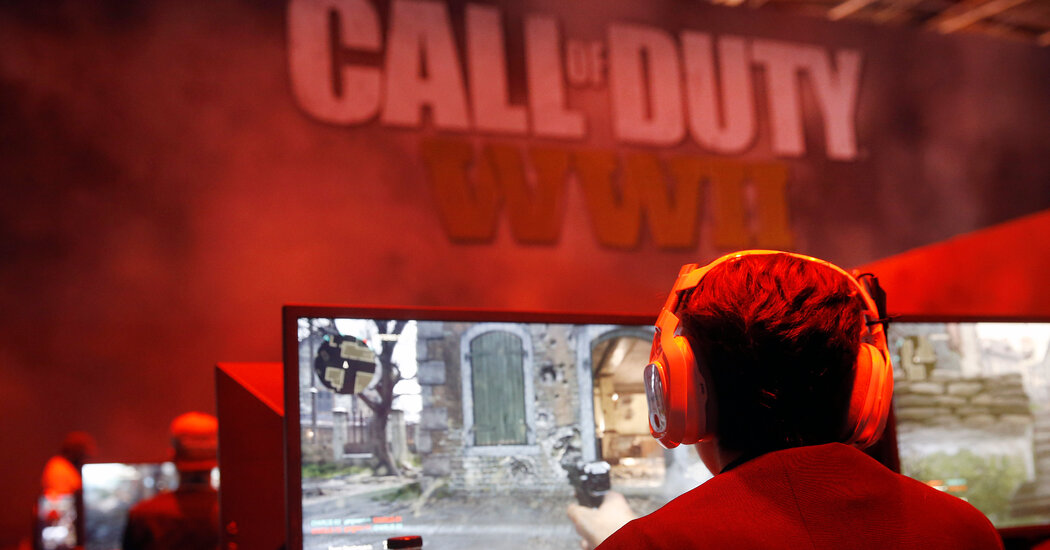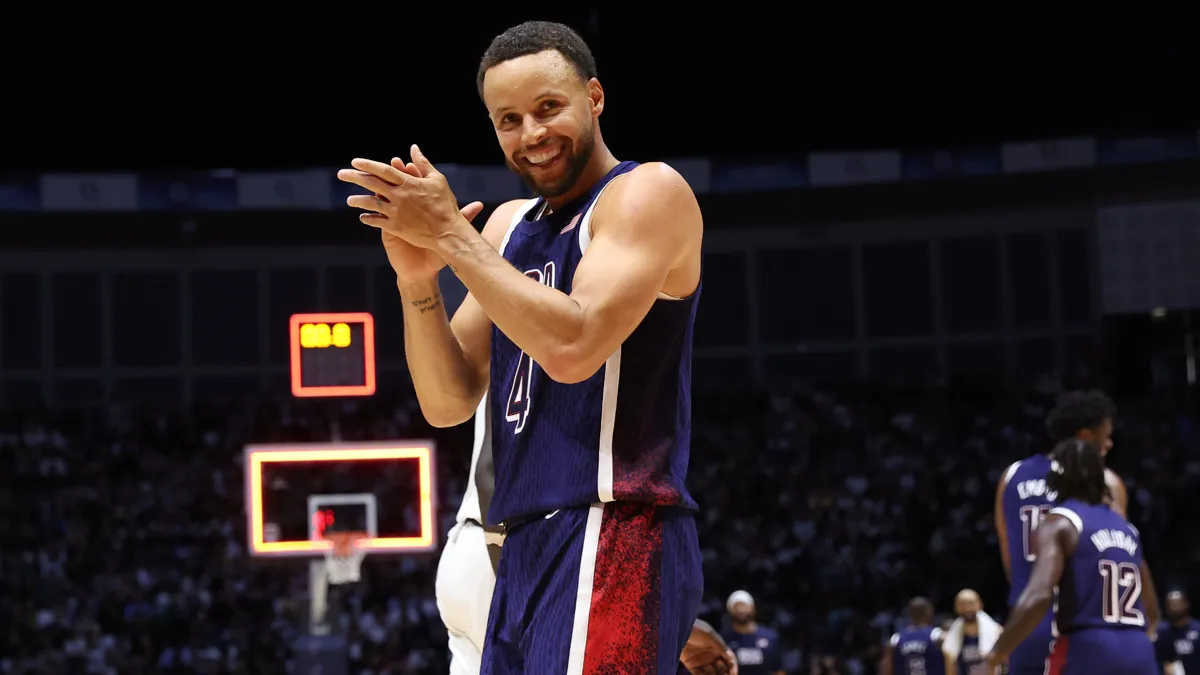FTC To Challenge Court Ruling On Microsoft-Activision Deal

Table of Contents
H2: The Court's Initial Decision and the FTC's Disagreement
A US District Court judge initially ruled in favor of the Microsoft-Activision merger, dismissing the FTC's attempt to block the deal. The judge argued that the FTC hadn't provided sufficient evidence to prove the merger would substantially lessen competition within the gaming market. However, the FTC strongly disagreed with this assessment. Their arguments centered on the potential for anti-competitive behavior by Microsoft, jeopardizing fair competition and harming consumers.
- FTC's concerns about Microsoft's dominance in the gaming market: The FTC argued that Microsoft, already a major player with its Xbox consoles and Game Pass subscription service, acquiring Activision Blizzard—a company boasting popular franchises like Call of Duty, World of Warcraft, and Candy Crush—would create an insurmountable monopoly.
- Potential for anti-competitive practices regarding Call of Duty and other Activision titles: A key concern was Microsoft's potential to make popular titles like Call of Duty exclusive to the Xbox ecosystem, effectively disadvantaging competitors like Sony's PlayStation. This could significantly impact PlayStation's market share and the overall competitive landscape.
- The FTC's assertion that the merger could stifle innovation: The FTC argued that reduced competition could lead to less innovation in game development, potentially resulting in higher prices and fewer choices for consumers.
- Specific games and their market positions: The FTC highlighted the significant market share held by Call of Duty and other Activision Blizzard titles, emphasizing the potential for Microsoft to leverage this dominance to harm competitors.
H2: The FTC's Appeal and the Legal Battle Ahead
The FTC has filed an appeal, challenging the initial court decision. This appeal will involve a rigorous legal process, with the FTC presenting further evidence and legal arguments to support their claim that the merger is anti-competitive.
- Timeline for the appeal process: The appeal process is expected to be lengthy, potentially stretching over several months or even years. This timeline significantly impacts the gaming industry's uncertainty.
- Key legal precedents the FTC might cite: The FTC will likely rely on previous antitrust cases and legal precedents to support their arguments, aiming to demonstrate the potential harm to competition.
- Possible outcomes of the appeal: The appeal could result in several outcomes: the court could affirm the initial ruling, reverse it, or modify the terms of the merger.
- Potential involvement of other regulatory bodies: The European Union and other regulatory bodies are also closely monitoring the situation and may take their own actions regarding the merger.
H2: Implications for the Gaming Industry and Consumers
The success of the FTC's appeal would have profound implications for the gaming industry and its consumers.
- Potential changes in game pricing strategies: Increased market dominance could lead to higher game prices or less competitive pricing structures.
- Impact on game exclusivity: The possibility of key franchises becoming Xbox exclusives could dramatically alter the gaming landscape, potentially driving consumers towards the Xbox ecosystem.
- Effects on the development of competing games: Reduced competition could hinder the development of innovative and competitive games from other publishers.
- The potential for increased consolidation in the gaming industry: The outcome of this case could set a precedent for future mergers and acquisitions in the gaming sector, potentially leading to further consolidation.
- Consumer sentiment and reaction to the ongoing legal battle: Gamers are closely watching this legal battle, expressing concerns about potential negative impacts on game availability, pricing, and overall competition.
H3: The Role of Call of Duty in the Debate
Call of Duty plays a central role in the FTC's arguments. Its immense popularity and market share make it a crucial factor in assessing the potential for anti-competitive behavior.
- Call of Duty's market share and revenue: Call of Duty consistently ranks among the highest-grossing video game franchises globally, highlighting its significant market influence.
- The potential for Microsoft to make Call of Duty exclusive to Xbox: This is a major concern for the FTC and competitors like Sony, who fear losing a significant portion of their player base.
- The FTC's concerns about the impact on competitors like PlayStation: The FTC argues that making Call of Duty exclusive would severely damage PlayStation's competitiveness and harm consumers.
3. Conclusion:
The FTC's challenge to the Microsoft-Activision deal represents a pivotal moment for the gaming industry. The outcome will profoundly influence the future of game development, competition, and consumer choice. This appeal process promises a protracted legal battle with potentially far-reaching consequences. The Microsoft-Activision merger and its implications remain a focus of intense scrutiny.
Call to Action: Stay informed about the ongoing FTC challenge to the Microsoft-Activision deal. Follow the developments closely, as this landmark case will shape the future of the gaming industry and the landscape of antitrust regulation in the tech sector. Continue to research the Microsoft-Activision merger and its implications for a complete understanding of this critical issue.

Featured Posts
-
 Xrp Up 400 In 3 Months Investment Opportunities And Risks
May 07, 2025
Xrp Up 400 In 3 Months Investment Opportunities And Risks
May 07, 2025 -
 Steph Currys All Star Game Triumph A Winning Performance In A Weak Format
May 07, 2025
Steph Currys All Star Game Triumph A Winning Performance In A Weak Format
May 07, 2025 -
 Rihanna Shares A Sweet Moment With Fan After Paris Fenty Beauty Event
May 07, 2025
Rihanna Shares A Sweet Moment With Fan After Paris Fenty Beauty Event
May 07, 2025 -
 Capaldis Unexpected Stage Appearance First Performance Of 2024 At A Charity Concert
May 07, 2025
Capaldis Unexpected Stage Appearance First Performance Of 2024 At A Charity Concert
May 07, 2025 -
 All Star Game 2024 Steph Currys Victory Overshadows Format Debate
May 07, 2025
All Star Game 2024 Steph Currys Victory Overshadows Format Debate
May 07, 2025
